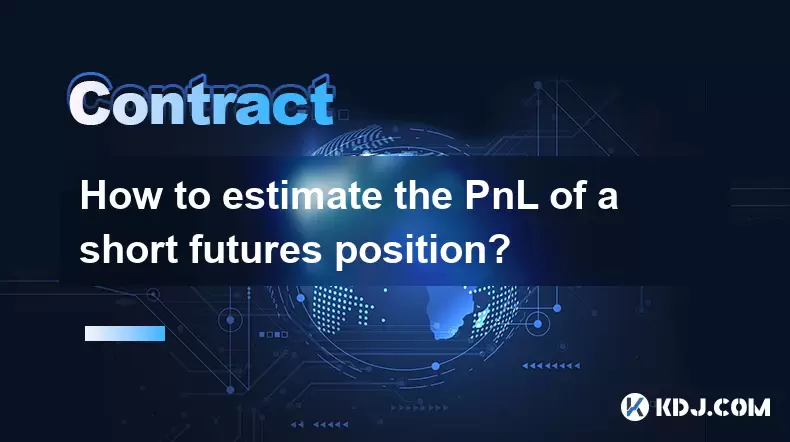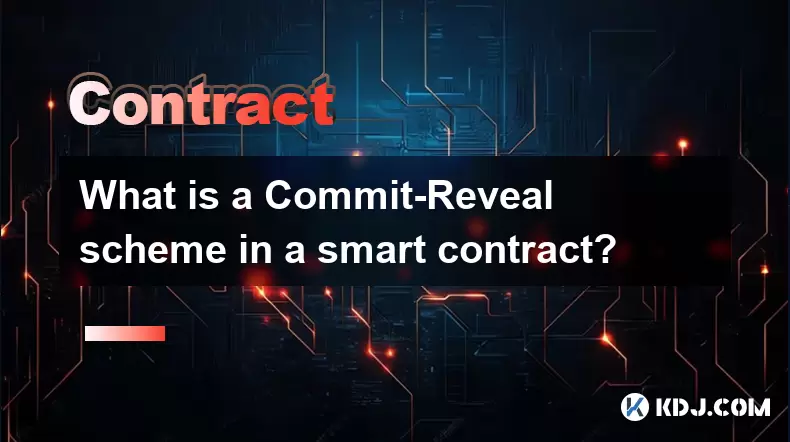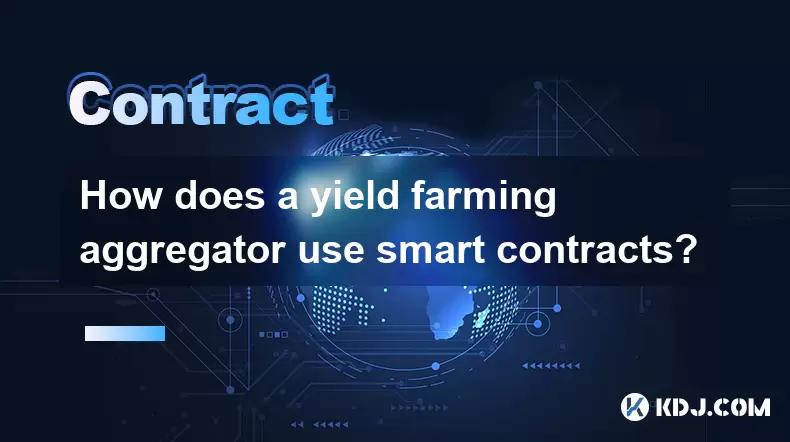-
 Bitcoin
Bitcoin $117,784.8122
6.03% -
 Ethereum
Ethereum $2,985.4492
7.49% -
 Tether USDt
Tether USDt $1.0002
-0.01% -
 XRP
XRP $2.6273
7.19% -
 BNB
BNB $688.8144
2.80% -
 Solana
Solana $164.1797
4.18% -
 USDC
USDC $0.9999
-0.01% -
 Dogecoin
Dogecoin $0.1989
10.08% -
 TRON
TRON $0.2961
2.12% -
 Cardano
Cardano $0.7259
15.27% -
 Hyperliquid
Hyperliquid $45.6326
10.22% -
 Sui
Sui $3.5222
9.17% -
 Chainlink
Chainlink $15.4621
7.77% -
 Bitcoin Cash
Bitcoin Cash $523.2404
1.57% -
 Stellar
Stellar $0.3163
8.13% -
 Avalanche
Avalanche $21.0098
7.48% -
 Hedera
Hedera $0.2044
14.78% -
 UNUS SED LEO
UNUS SED LEO $8.9812
0.11% -
 Shiba Inu
Shiba Inu $0.0...01346
7.75% -
 Toncoin
Toncoin $2.9763
3.02% -
 Litecoin
Litecoin $95.6221
5.22% -
 Polkadot
Polkadot $3.9508
7.50% -
 Monero
Monero $326.6734
1.59% -
 Uniswap
Uniswap $8.9185
8.19% -
 Dai
Dai $0.9999
-0.02% -
 Pepe
Pepe $0.0...01271
14.28% -
 Ethena USDe
Ethena USDe $1.0006
-0.03% -
 Bitget Token
Bitget Token $4.5228
2.14% -
 Aave
Aave $314.1302
6.41% -
 Pi
Pi $0.4909
0.64%
Are smart contracts anonymous?
Smart contracts on public blockchains are pseudonymous but not fully anonymous, as transactions and contract details are visible to all network participants.
Jul 11, 2025 at 04:22 am

What Are Smart Contracts?
Smart contracts are self-executing agreements with the terms of the contract directly written into lines of code. They operate on blockchain platforms like Ethereum and automatically enforce and execute themselves when predetermined conditions are met. These contracts eliminate the need for intermediaries, making transactions more efficient and transparent. However, a common question that arises is whether these smart contracts offer anonymity to their users.
Smart contracts themselves are not anonymous entities; they are pieces of code deployed on a public blockchain. This means that anyone can view the contract's functions, variables, and transaction history. While the identity behind a contract may not be immediately apparent, the contract's interactions are fully visible to all participants in the network.
How Do Smart Contracts Interact With User Addresses?
Every interaction with a smart contract occurs through a user's wallet address. These addresses are cryptographic identifiers, typically represented as alphanumeric strings.
While wallet addresses do not inherently reveal personal information about their owners, they act as pseudonymous identifiers. Once an individual links their real-world identity to a specific wallet address—whether intentionally or unintentionally—all transactions associated with that address become traceable.
When a user interacts with a smart contract, such as sending tokens or triggering a function, the transaction is recorded on the blockchain. This record includes:
- The sender’s wallet address
- The recipient (which could be another wallet or a smart contract)
- The amount transferred
- The data payload, which might include function calls
All of this information is publicly accessible and permanent.
Can You Remain Anonymous When Deploying a Smart Contract?
Deploying a smart contract involves sending a transaction from a wallet address to the zero address (the creation transaction), which results in the deployment of the contract at a new address derived from the sender and nonce.
The deployer’s wallet address is permanently linked to the newly created contract address. Therefore, if someone identifies the owner of the deploying wallet, they can trace all activity back to them. If privacy is a concern during deployment, steps must be taken to obscure the origin of the deployment transaction.
To increase anonymity during deployment, some developers use:
- Mixers or tumblers – Services that mix funds across multiple wallets to obfuscate the trail.
- Multiple intermediary wallets – Transferring funds through several wallets before deployment.
- Privacy-focused blockchains – Platforms like Secret Network or Zcash-based chains that offer enhanced privacy features.
However, most mainstream blockchains like Ethereum do not provide native anonymity for smart contracts or their creators.
Are Smart Contract Transactions Private?
On public blockchains like Ethereum, all transactions—including those involving smart contracts—are stored on a public ledger. Anyone can inspect these transactions using tools like Etherscan or Blockchair.
Even though the content of the contract might be obfuscated or encoded, the transaction metadata—such as gas fees, timestamps, and involved addresses—is always visible. Advanced analysis techniques can often reverse-engineer contract behavior, especially if the source code is published or verified on explorers.
Some ways people attempt to enhance transaction privacy include:
- Using proxy contracts – To separate the initiating address from the main logic contract.
- Implementing encryption within contracts – Though this doesn't hide transaction flow, it can protect sensitive data stored inside the contract.
- Layer 2 solutions – Some off-chain systems reduce the visibility of individual transactions by batching them before posting to the main chain.
Despite these efforts, complete anonymity remains elusive on most public blockchains.
How Can Users Protect Their Identity When Using Smart Contracts?
Maintaining anonymity while interacting with smart contracts requires deliberate strategies. Here are some practical methods:
- Use burner wallets – Create new wallets for each interaction to avoid linking multiple activities to a single identity.
- Avoid reusing addresses – Repeated use of the same wallet increases the risk of being tracked.
- Utilize hardware wallets offline – To prevent metadata leaks during signing.
- Refrain from KYC processes – Exchanges and services that require identity verification link your wallet to personal data.
- Use decentralized exchanges (DEXs) – Rather than centralized exchanges that collect user data.
It's also crucial to be cautious when interacting with contract functions that request personal information or permissions. Any data sent to a contract becomes part of the immutable blockchain record.
Frequently Asked Questions
Q: Can I deploy a smart contract without revealing my identity?
A: Yes, but only if you take precautions like using unlinked wallets, mixing services, and avoiding any identifiable actions before or after deployment.
Q: Is it possible to make a smart contract private so no one can see its code?
A: No. On public blockchains, all deployed smart contracts are publicly readable. You can obfuscate the code, but it cannot be made completely private.
Q: Does using a hardware wallet make me anonymous when interacting with smart contracts?
A: A hardware wallet improves security and reduces exposure of private keys, but it does not provide anonymity. Your wallet address will still appear on the blockchain.
Q: Are there any blockchains where smart contracts are truly anonymous?
A: Yes. Privacy-focused blockchains like Monero or platforms like Secret Network allow for confidential smart contract execution, although they differ significantly from Ethereum-style contracts.
Disclaimer:info@kdj.com
The information provided is not trading advice. kdj.com does not assume any responsibility for any investments made based on the information provided in this article. Cryptocurrencies are highly volatile and it is highly recommended that you invest with caution after thorough research!
If you believe that the content used on this website infringes your copyright, please contact us immediately (info@kdj.com) and we will delete it promptly.
- Bitcoin Blasts Past $118K: Rally, Record Highs, and What's Next
- 2025-07-12 00:50:11
- Bitcoin Solaris: Revolutionizing Crypto with Blockchain Innovation and Mobile Mining
- 2025-07-12 00:30:11
- Binance and the Future of Sharia-Compliant Multi-Token Staking: A New Frontier?
- 2025-07-11 22:50:12
- Bitcoin Blasts Past $118,000: What's Fueling This Price Surge?
- 2025-07-11 22:30:11
- Crypto Presales and ROI Potential: Is BlockchainFX the Next Shiba Inu?
- 2025-07-11 23:10:11
- TRON, Stablecoins, and Settlements: A New Era?
- 2025-07-11 22:50:12
Related knowledge

How to estimate the PnL of a short futures position?
Jul 10,2025 at 05:00pm
Understanding the Basics of Futures Trading and PnLIn futures trading, a trader enters into a contract to buy or sell an asset at a predetermined pric...

What are the most common smart contract design patterns?
Jul 10,2025 at 09:29pm
Introduction to Smart Contract Design PatternsSmart contract design patterns are standardized solutions to recurring problems encountered during the d...

What is a Commit-Reveal scheme in a smart contract?
Jul 10,2025 at 05:22pm
Understanding the Concept of a Commit-Reveal SchemeIn the realm of blockchain and smart contracts, privacy and fairness are often critical concerns, e...

How does a yield farming aggregator use smart contracts?
Jul 11,2025 at 02:49am
Understanding the Role of Smart Contracts in Yield Farming AggregatorsA yield farming aggregator leverages smart contracts to automate and optimize th...

Can a smart contract interact with an off-chain API?
Jul 10,2025 at 09:42pm
What is a Smart Contract?A smart contract is a self-executing contract with the terms of the agreement directly written into lines of code. These cont...

How does a crypto lending protocol calculate interest rates with smart contracts?
Jul 11,2025 at 07:21am
Understanding the Basics of Crypto Lending ProtocolsCrypto lending protocols operate on blockchain networks using smart contracts to automate the proc...

How to estimate the PnL of a short futures position?
Jul 10,2025 at 05:00pm
Understanding the Basics of Futures Trading and PnLIn futures trading, a trader enters into a contract to buy or sell an asset at a predetermined pric...

What are the most common smart contract design patterns?
Jul 10,2025 at 09:29pm
Introduction to Smart Contract Design PatternsSmart contract design patterns are standardized solutions to recurring problems encountered during the d...

What is a Commit-Reveal scheme in a smart contract?
Jul 10,2025 at 05:22pm
Understanding the Concept of a Commit-Reveal SchemeIn the realm of blockchain and smart contracts, privacy and fairness are often critical concerns, e...

How does a yield farming aggregator use smart contracts?
Jul 11,2025 at 02:49am
Understanding the Role of Smart Contracts in Yield Farming AggregatorsA yield farming aggregator leverages smart contracts to automate and optimize th...

Can a smart contract interact with an off-chain API?
Jul 10,2025 at 09:42pm
What is a Smart Contract?A smart contract is a self-executing contract with the terms of the agreement directly written into lines of code. These cont...

How does a crypto lending protocol calculate interest rates with smart contracts?
Jul 11,2025 at 07:21am
Understanding the Basics of Crypto Lending ProtocolsCrypto lending protocols operate on blockchain networks using smart contracts to automate the proc...
See all articles

























































































